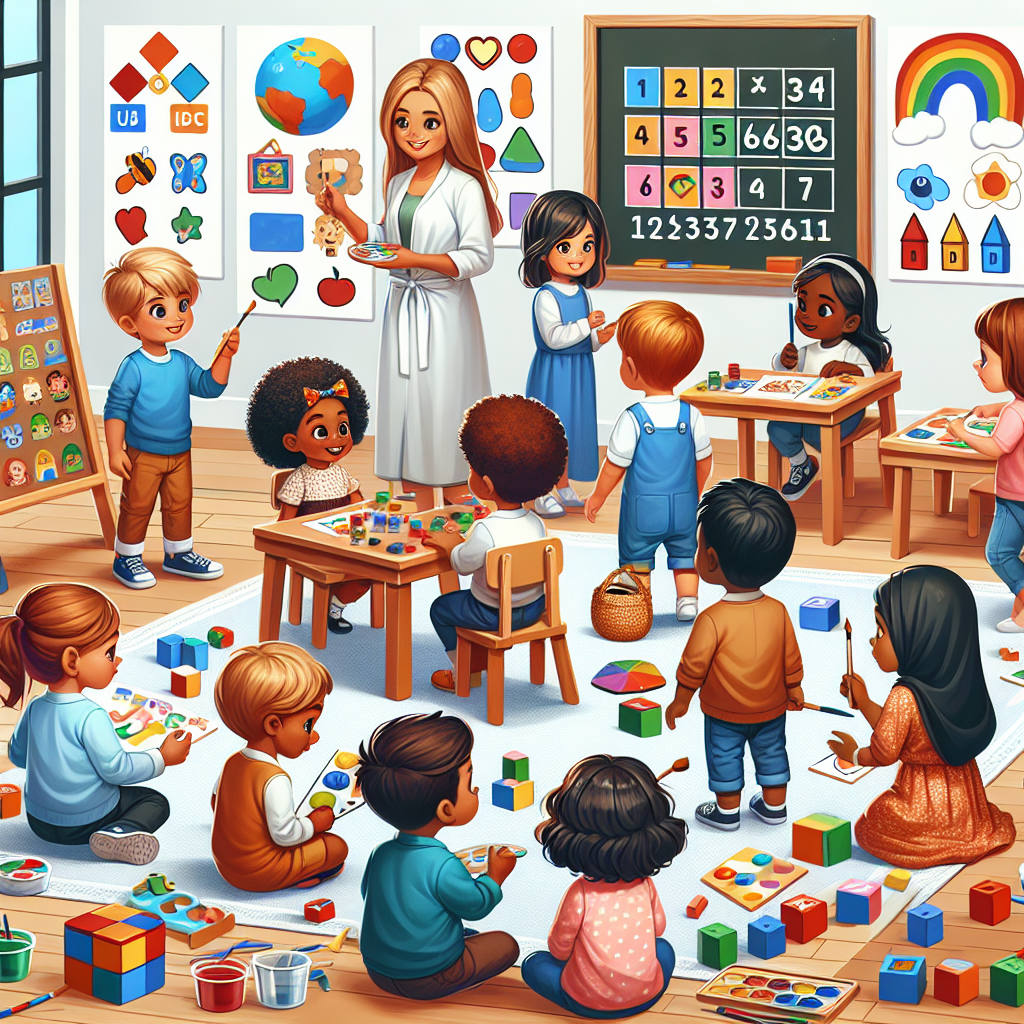Preschool readiness is an important milestone in a child’s development, as it sets the foundation for their future academic success. It is essential for parents and caregivers to understand what preschool readiness entails and how they can support their child in preparing for this important stage in their education.
Preschool readiness typically refers to a child’s ability to engage in a structured learning environment, follow directions, and interact with peers and teachers. While every child develops at their own pace, there are certain skills and behaviors that are generally expected of children ages 3 and older as they prepare to enter preschool.
One of the key aspects of preschool readiness is language development. Children should be able to communicate their needs and wants effectively, follow simple instructions, and engage in conversations with others. Parents can support their child’s language development by reading to them regularly, engaging in conversations with them, and exposing them to a variety of vocabulary and language patterns.
Social and emotional readiness is also important for preschool success. Children should be able to interact with peers, take turns, and share with others. They should also be able to regulate their emotions and manage their behavior in a group setting. Parents can help their child develop these skills by providing opportunities for social interaction, teaching them how to express their feelings, and modeling positive behavior.
Cognitive readiness is another key component of preschool readiness. Children should be able to recognize letters, numbers, shapes, and colors, as well as engage in simple problem-solving tasks. Parents can support their child’s cognitive development by engaging them in activities that promote critical thinking, such as puzzles, matching games, and counting exercises.
Physical readiness is also important for preschool success. Children should have the fine motor skills necessary to hold a pencil, use scissors, and manipulate small objects. They should also have the gross motor skills necessary to run, jump, and play with others. Parents can support their child’s physical development by providing opportunities for active play, such as outdoor games, sports, and dance classes.
In addition to these skills and behaviors, it is important for children to have a positive attitude towards learning and a curiosity about the world around them. Parents can foster a love of learning by exposing their child to new experiences, encouraging them to ask questions, and praising their efforts and accomplishments.
Overall, preschool readiness is a multifaceted concept that encompasses a child’s language, social, emotional, cognitive, and physical development. By understanding the skills and behaviors that are important for preschool success, parents can better support their child in preparing for this important milestone in their education.
#Understanding #Preschool #Readiness #Kids #Ages,ages 3+


Leave a Reply